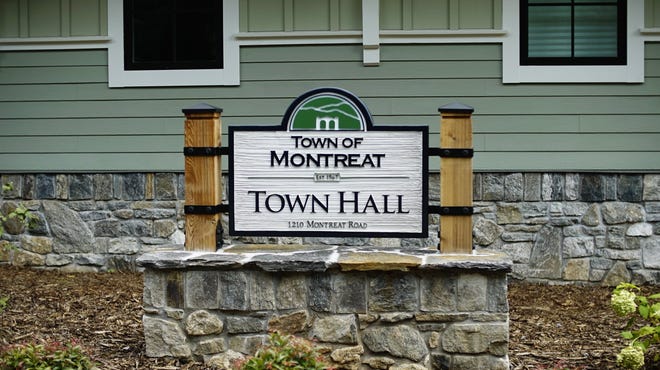Montreat update: Tax increase, Mayor Tim Helms 'pleased' with community response

Tim Helms continues to walk a few miles each day. When he goes through Montreat College’s campus, he says he makes sure to put a mask on.
“I try to put a mask on just because they’re all wearing masks to try to set a good example,” Helm said.
The Montreat mayor added that he was “very pleased” with how his town has fared since March. With zero confirmed coronavirus cases for the 28757 ZIP code, Helms said that while the town may have had one isolated, unreported case, the mood of the town has been “great.”
“I'm very pleased with the response in the community, and we try to keep them informed on a weekly basis and so forth on what's going on,” Helms said. “We’ve got a lot of vulnerable people up here, retirees. It's in their best interest to do this.”
Helms said he and commissioner Tom Widmer spoke with Montreat College president Paul Maurer a month before the school’s reopening. Since then, the town and the college have connected each week to discuss current events.
Separate from the town’s consistency with working with pandemic restrictions, Montreat has taken steps to recover from revenue losses.
The town is expecting a dip in revenue for its 2020-21 fiscal year, with town administrator Alex Carmichael estimating sales, use and property taxes to be down 18% in addition to the loss of other tax revenue and fees.
The largest source of revenue for Montreat is real estate taxes, “which make up approximately 58% of total revenues.” Sales, use and property taxes add an approximate 27%.
Carmichael said that the town “would face an approximate $319,000 gap without bold cost-cutting and revenue-raising strategies.”
At its May 28 meeting, Montreat’s Board of Commissioners agreed to a 2-cent tax increase, the town’s first in eight years. Carmichael estimates the town generating an additional $50,067 in additional revenue without pay cuts for employees.
In addition to its tax increase, the town’s lone remaining capital fund project is the continuation of repairs to roads damaged in 2018. Fees for those repairs, Helms said, will have three-fourths reimbursed by the state.
Helms said that the tax increase was necessary, and the town is “on course” to recover without any capital projects.
“We didn't have any place else to go; we're losing a lot of sales tax money,” he said.
The tax increased followed a decision by the board to add $27,418 to the town’s town hall capital project fund. The project went over budget because of “unanticipatedly high auxiliary costs early in the process, such as legal fees, site work and loan expenses such as flood insurance and closing costs.”
Now working in a new town hall and walking on a new hip, Helms looks forward to walking the next day. Though his town and the college could experience new challenges, he says he is remaining confident.
“Of course, it could all go to heck tomorrow,” Helms said. “But it seems like so far, they're doing a great job down there.”